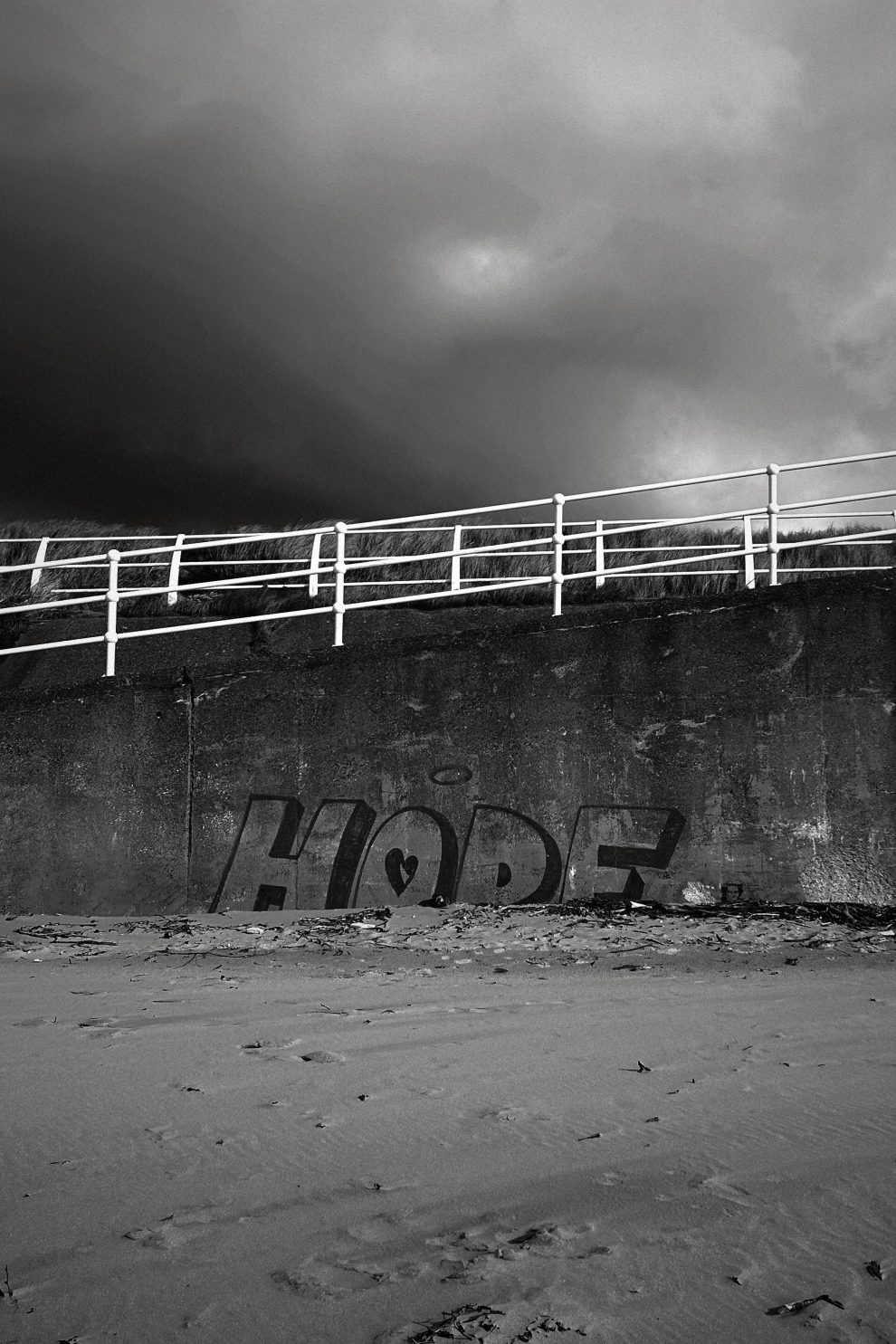Aberystwyth University academics are curating a photography exhibition exploring attitudes to independence within Wales, Scotland and Catalonia.
‘Head/Heart: Framing the Future: Photography from Wales, Scotland, and Catalonia’ will showcase 46 photographs from 35 photographers across the three nations. It will be held at Caernarfon’s Oriel CARN gallery from 10-17 February.
The exhibition will offer visitors an insight into how people’s life experiences in the three nations can impact on how they think and feel about the future of their own country. The exhibition also gathers visitors’ own feelings and thoughts by posing the question: ‘What is important to you about the future of Wales?’
Curated by Dr Elin Royles and Dr Anwen Elias from the Centre for Welsh Politics and Society at Aberystwyth University, the free exhibition is part of their academic study on the sentiments and experiences that shape people’s perspectives on independence.
Dr Elin Royles said:
“A vital component to our research is this exhibition, which captures people’s emotions and feelings. We’re interested in how people from different backgrounds, from different nations, think and feel about their different futures, and what experiences shape their views.
“These photographs provide striking responses to the issue of independence. Through captions accompanying the photographs, viewers can assess whether their reflections on the images correspond to what the photographers were trying to convey. We’ll be sharing the research findings in Cardiff in May.”
This brand-new approach is set to challenge academics’ conventional reliance on survey responses and demographic data such as age, gender or class to examine attitudes to independence.
Dr Anwen Elias, a member of the Independent Commission on the Constitutional Future of Wales, said:
“Photography is a powerful tool in providing a more rounded understanding of what’s going on, and to help determine to what extent emotion dictates people’s standpoints on issues like independence. I’ve certainly been persuaded by this new methodology, which I now believe has a real role to play in continuing the conversation about Wales’s constitutional future.”
Ahead of the official exhibition reception on 15 February, special guest Siân Gwenllian MS (Arfon MS) said:
“This exciting photography exhibition at Oriel CARN, led by Aberystwyth University, is a real eye-opener. I’m particularly struck by the fact that there was often a tension between the head and the heart. Whatever your political views, this contributes a new layer of understanding to the ongoing debates about constitutional futures in Wales, Scotland, and Catalonia.”
The exhibition comprises work by photographers from Aberystwyth Camera Club; Workers Gallery in Ynyshir, y Rhondda; Foto-Cine Mataró d’UEC (Mataró Camera Club); and IEFC: Institut d’Estudis Fotogràfics de Catalunya (Catalonia Institute of Photographic Studies).
North Wales photographer Richard Jones, who has two of his photographs in the exhibition, said:
“My photographs ‘Dolbadarn yn deffro’ (Dolbadarn awakens) and ‘Annibyniaeth Barn’ (Independent Opinion) express the kind of new dawn that I believe independence could bring to Wales. Because the exhibition itself does not promote a particular position on independence, it has been illuminating to see my photographs alongside the work of photographers from different sides of the debate.”
CARN Co-ordinator, Menna Thomas, said:
“We are delighted to have this thought-provoking, pioneering exhibition at Oriel CARN in Caernarfon. We recommend very much for the public to come along and explore this fascinating collection of more than 40 photographs and contribute to Aberystwyth University’s project if they so wish.”
The exhibition is part of a project funded by the Economic and Social Research Council as part of the WISERD/ ESRC Civil Society Research Centre (Wales Institute of Social and Economic Research and Data).



















